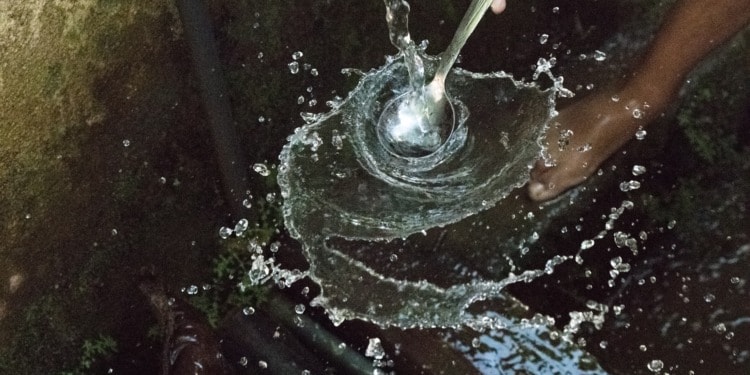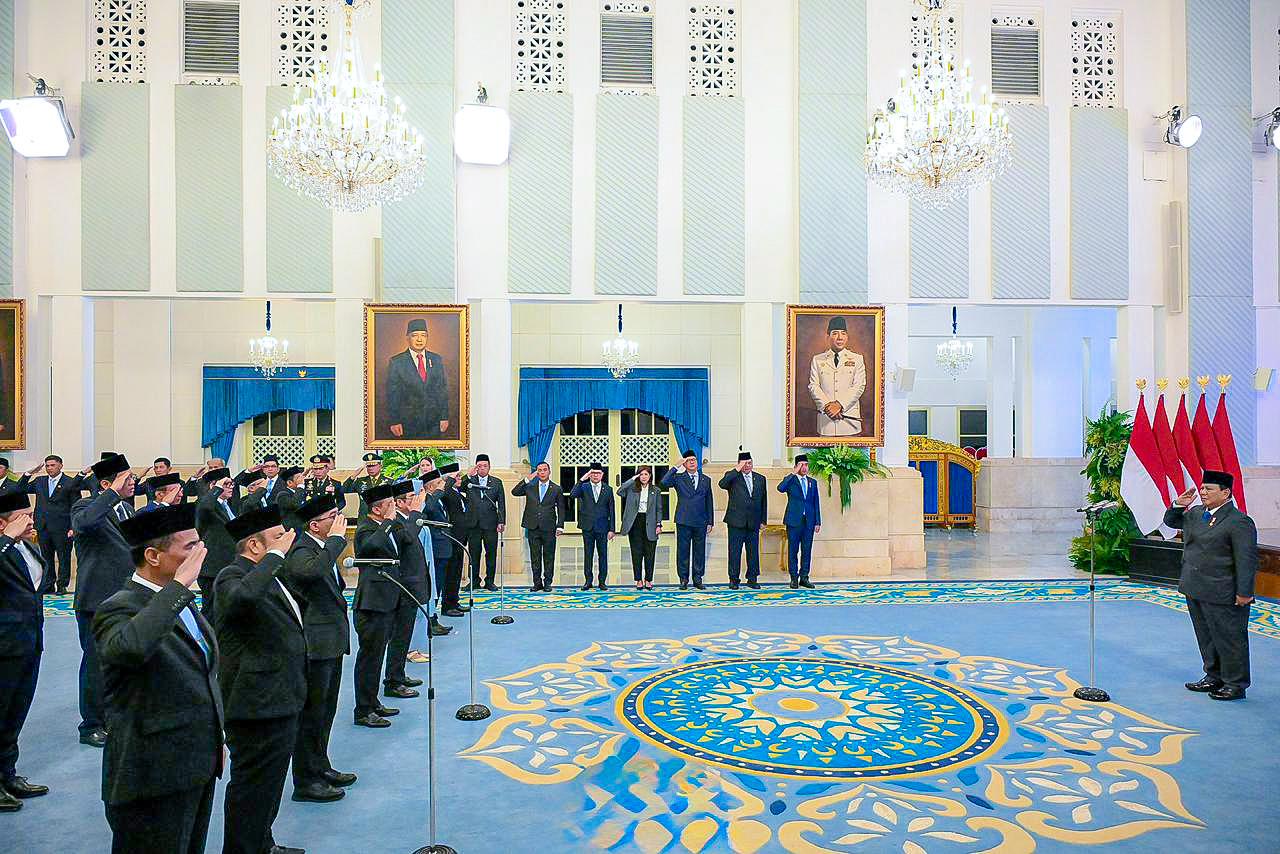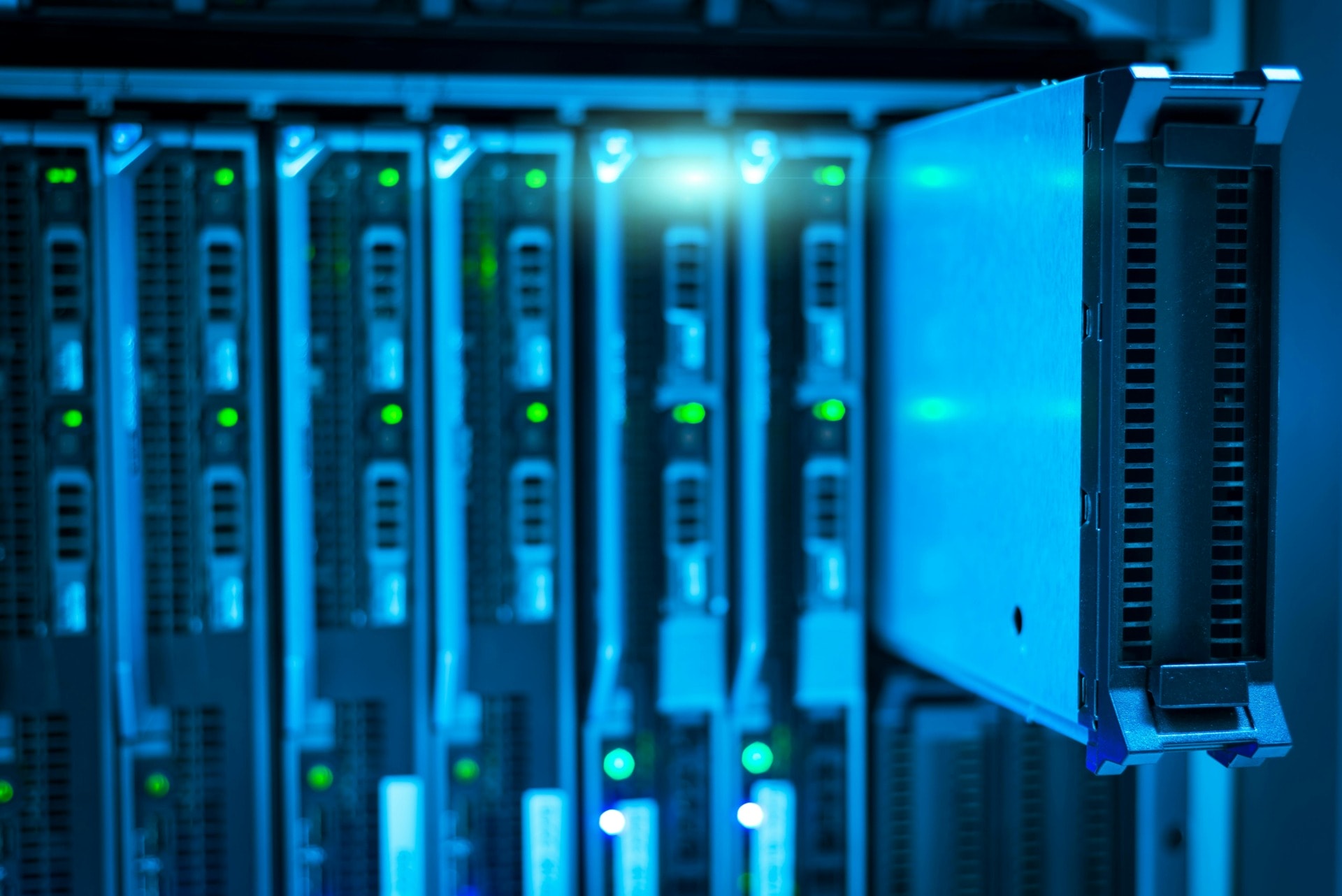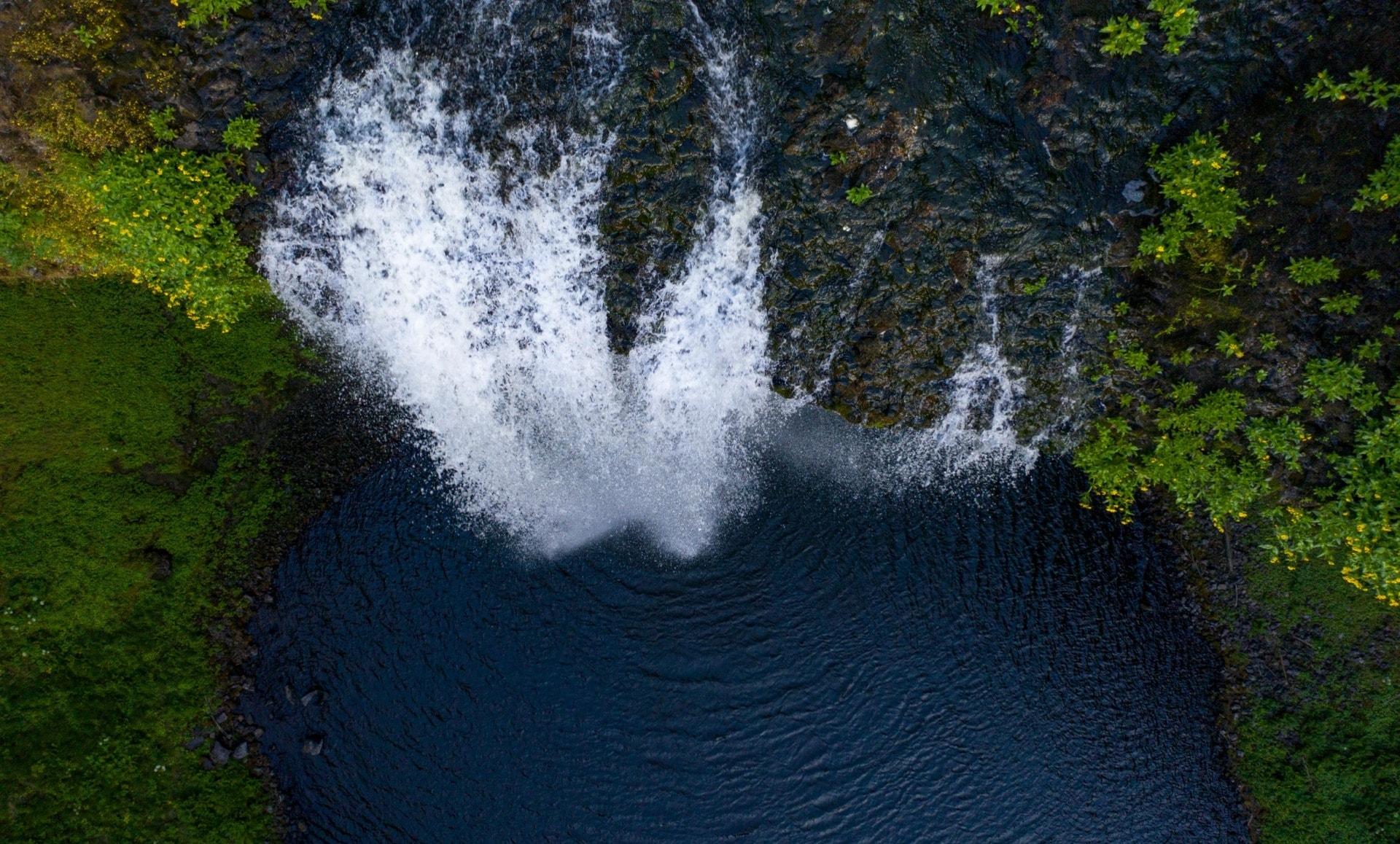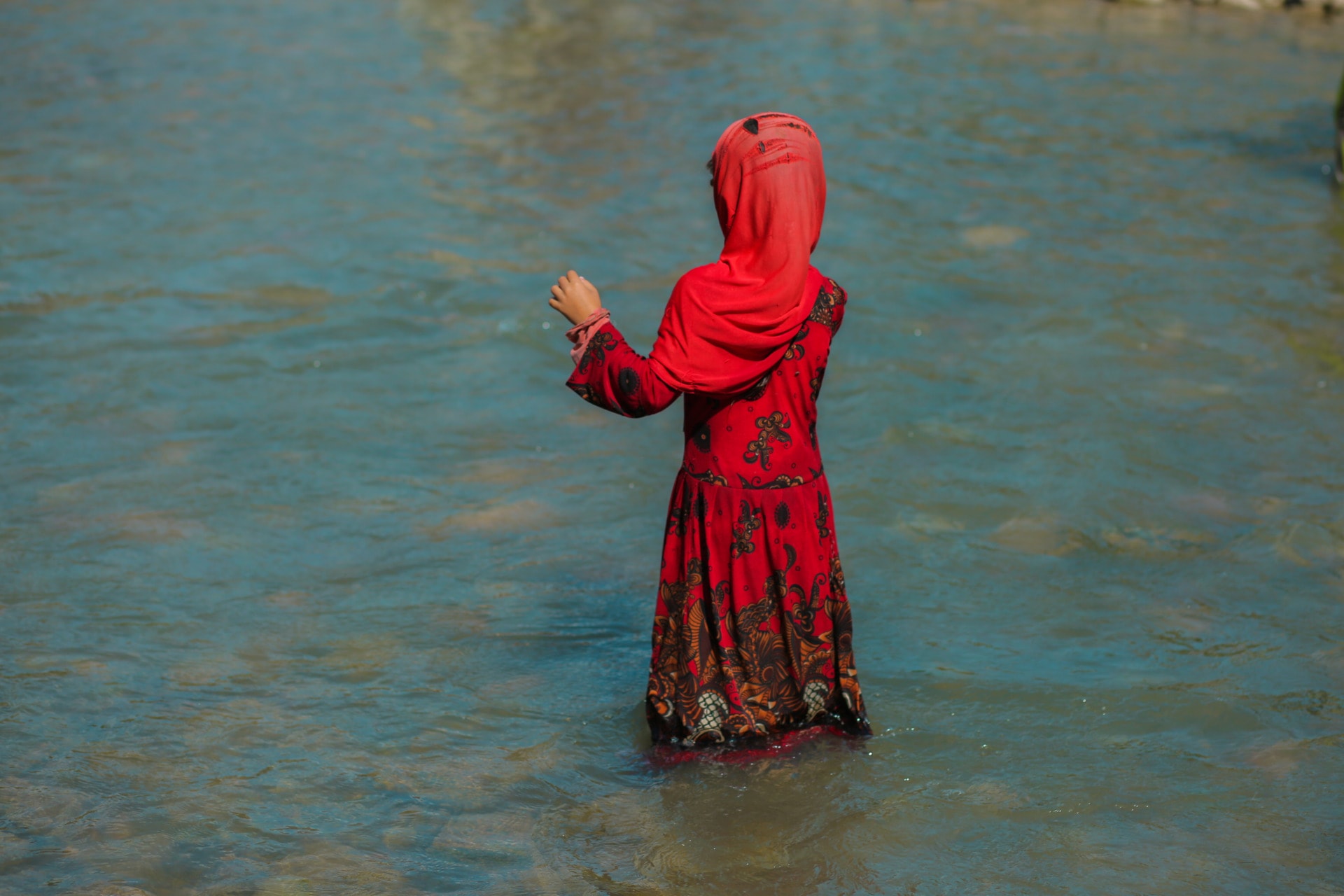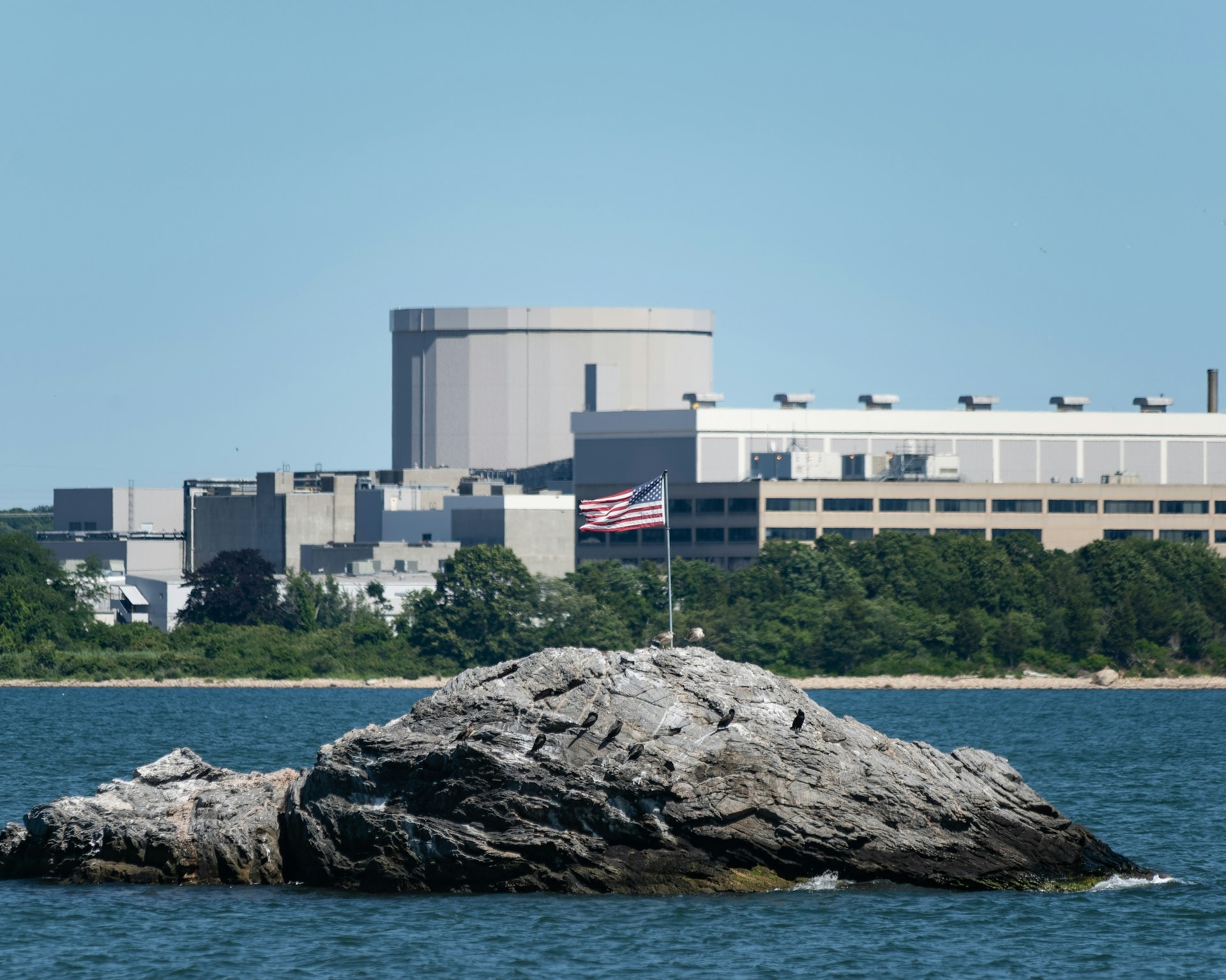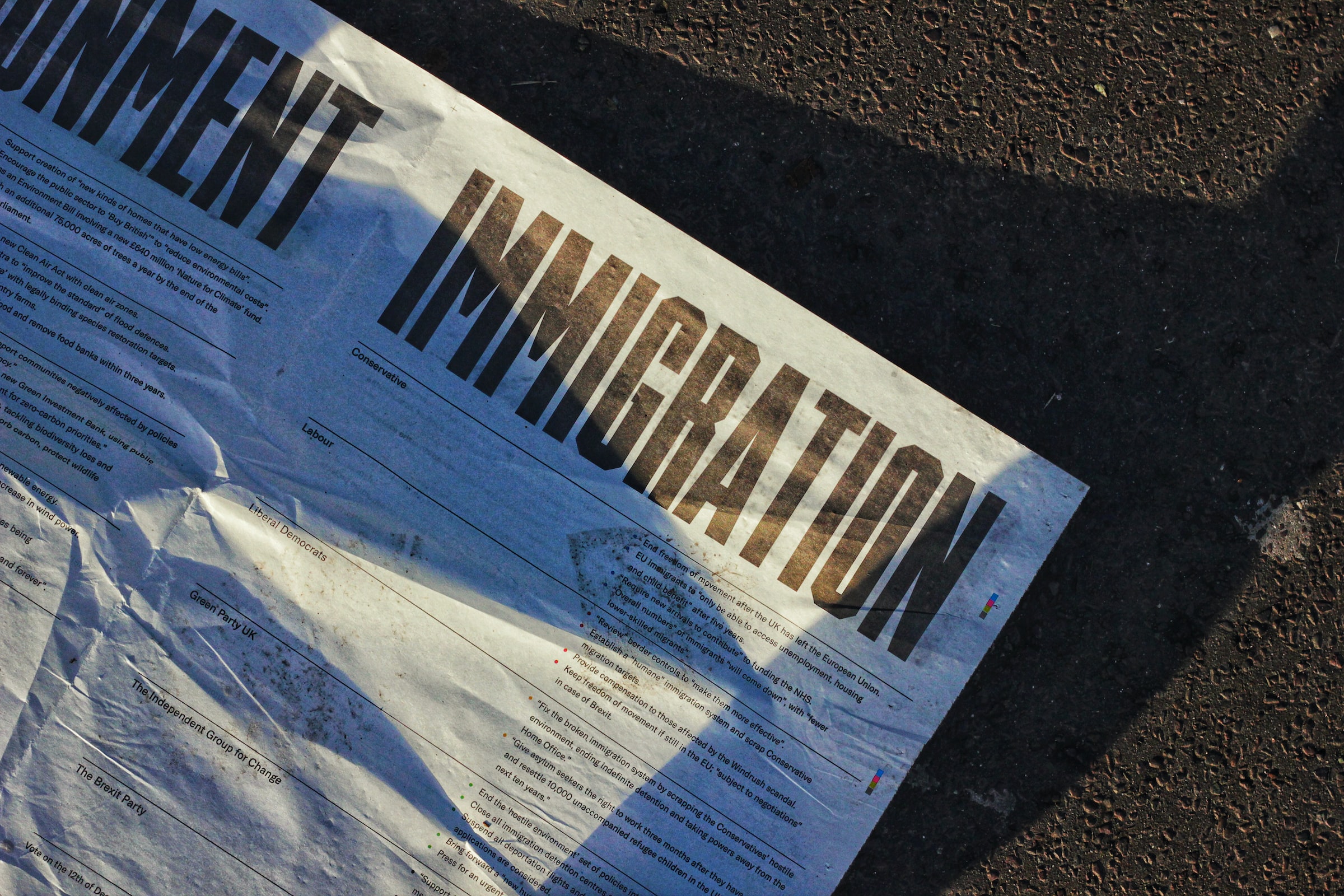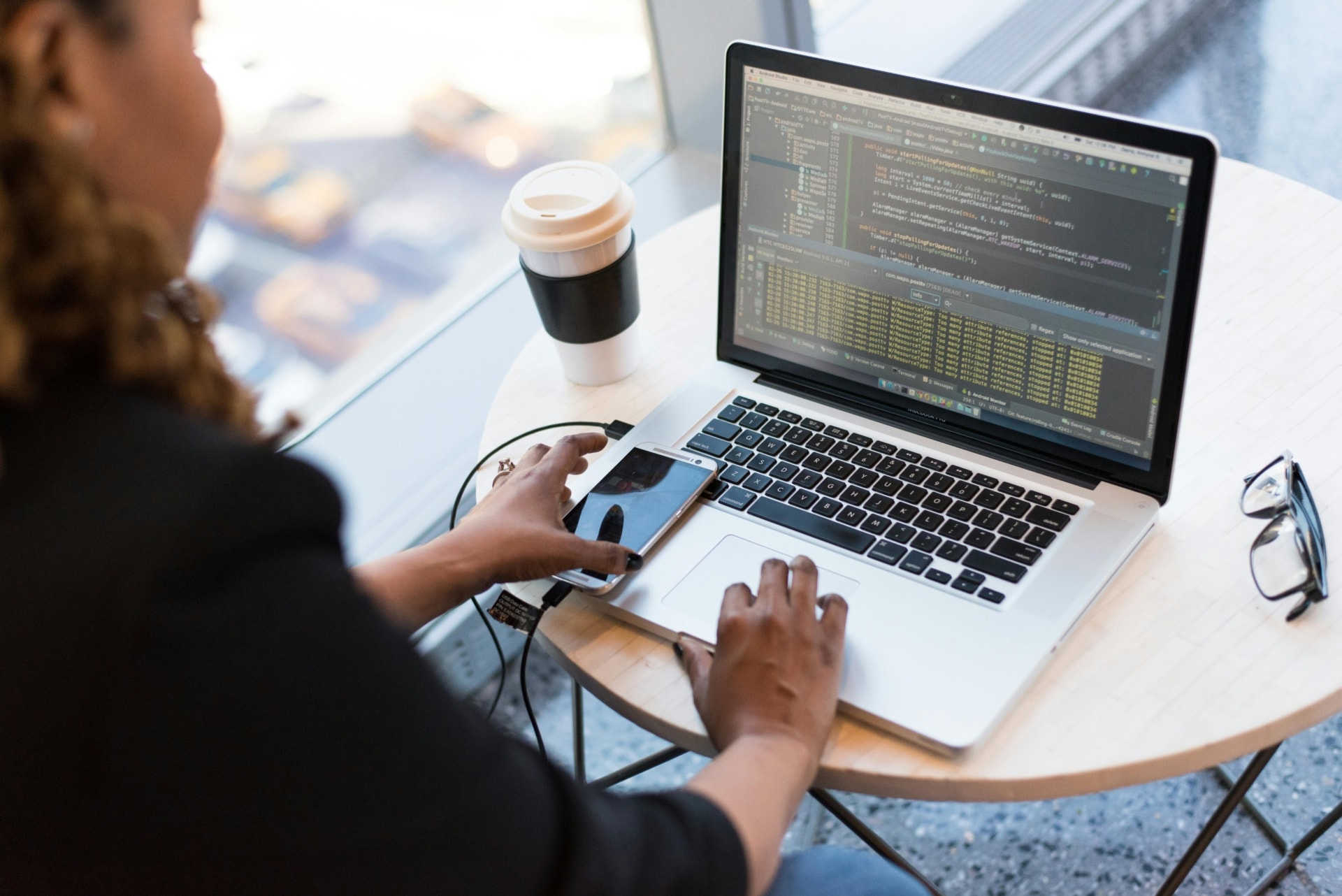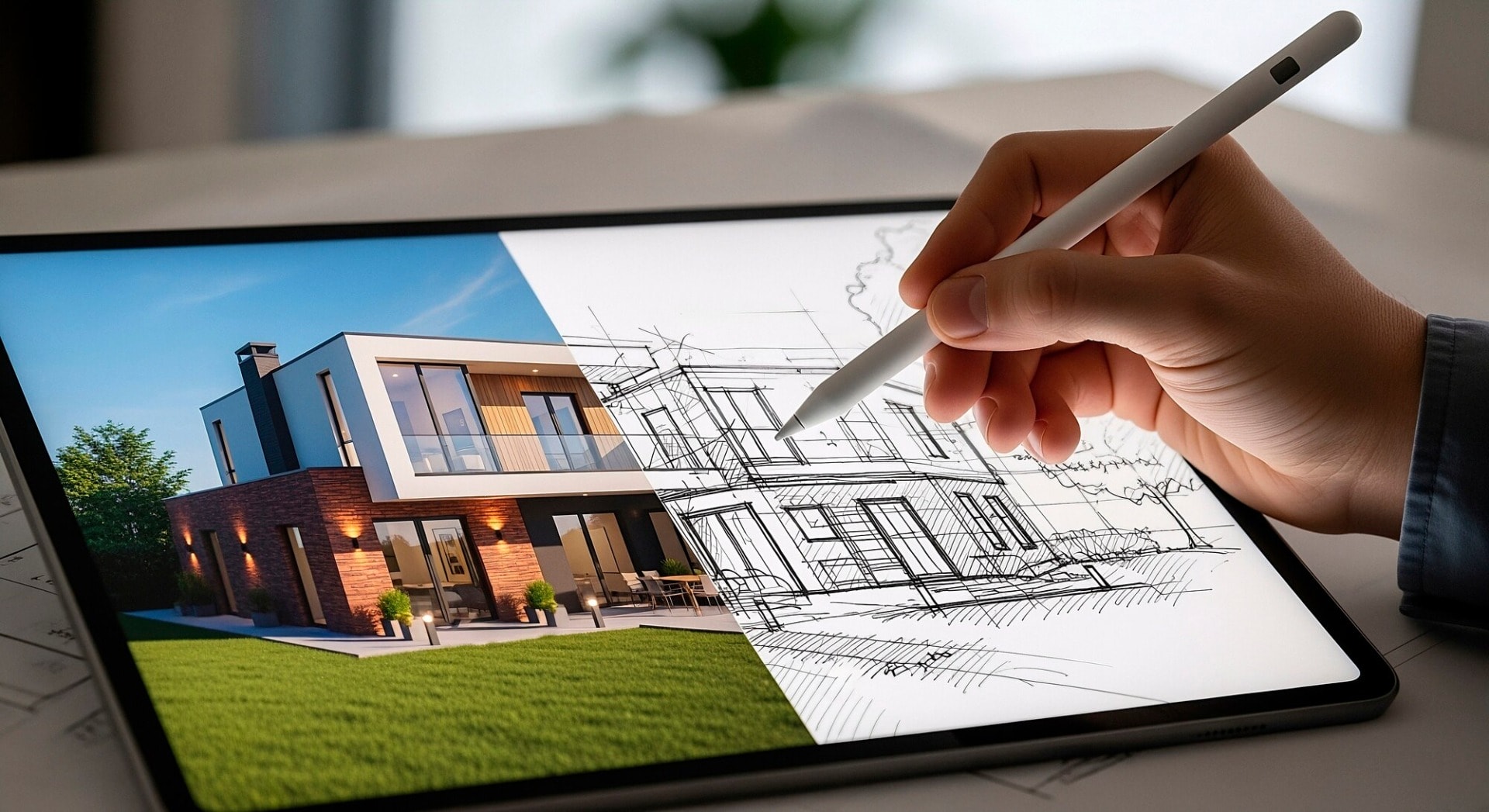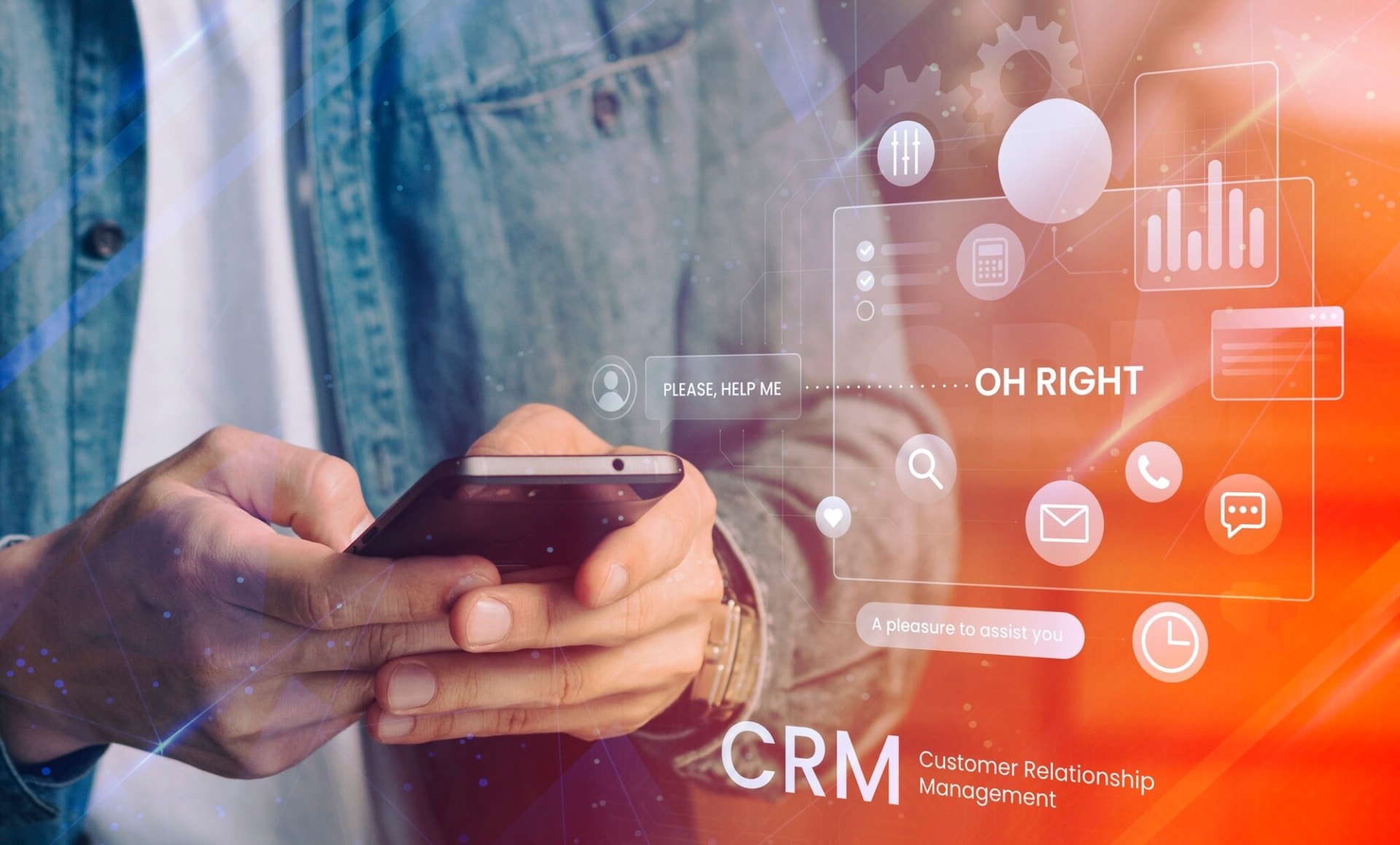This article is part of “The Good Council” series, based on the World Future Council’s podcast of the same name. The series gives a behind-the-scenes look at the organization’s trajectory, from revolutionary ideas to reality, and offers insights into its current agenda. The podcast provides inspiration, laughter, and food for thought through intergenerational dialogue between its founders, senior Councillors, and young entrepreneurs and activists from around the globe.
What are best practices and sustainable solutions for our common future? How can we leave the planet in better shape for future generations? These are the questions the World Future Council has set out to answer.
The World Future Council envisions a healthy and sustainable planet with just and peaceful societies now and in the future. To achieve this, the foundation identifies, develops, highlights, and spreads future-just solutions for current challenges humanity is facing and recognizes them with the Future Policy Award.
The Council consists of 50 eminent global changemakers from civil society, science, politics and business. They meet annually at the World Future Forum to discuss the most urgent challenges and their policy solutions.
The guest in “The Good Council” podcast episode that this article is based on is Dr h.c. Maude Barlow, Canadian author and author of 20 books, co-founder and national chairperson of the Council of Canadians, and a chair board of Washington-based “Food and Water Watch.”
Dr Barlow is also a board member of the San Francisco Bay’s international forum on globalization and the founding Councillor of the World Future Council. She is a recipient of 1,100 doctorates, as well as many awards, including the 2005 Right Livelihood Award, initiated by the founder of the World Future Council, Jakob von Uexküll.
In 2008-2009, she served as Senior Advisor on water to the 63rd President of the United Nations General Assembly, and as a leader of a campaign to have water recognized as a human right by the UN. She is the creator of the Blue Communities project in which municipalities pledge to protect water as a human right and a public trust and ban plastic bottled water. There are now more than 25 million people living in official Blue Community towns and cities, including Paris, Berlin, Brussels, Thessaloniki, Los Angeles, Vancouver and Montreal.
 The World Future Council’s youth representative Jeffrey Opoku recently interviewed Dr h.c. Maude Barlow for the organization’s podcast, “The Good Council.” Here is what they spoke about.
The World Future Council’s youth representative Jeffrey Opoku recently interviewed Dr h.c. Maude Barlow for the organization’s podcast, “The Good Council.” Here is what they spoke about.
Jeffrey Opoku: How do you feel about the current situation in which the world is struggling between the pandemic, climate change, environmental degradation and polluted oceans, and the global conflict?
Maude Barlow: Jeffrey, well, I have just finished writing a book, “Still hopeful – lessons from a lifetime of activism.” It is really about the need for us to have hope particularly, it’s important for people of your age to have hope. I use the term “wise hope.” The term “wise hope” means that not everything is necessarily fine, and we have to find hope by looking at reality and not letting it paralyze us.
We have some serious issues on our planet. We need to think about action and shake off that sense of hopelessness and move forward with a plan, joining different organisations or communities. We can’t know what the outcome is going to be. But we have to have faith that others are doing very important work and that collectively, that’s going to make a difference.
Jeffrey Opoku: I realized that most people do not know much about the UN Sustainable Development Goals (SDGs). So I decided to do something to change the narrative and established a project to raise awareness. I realized that lots of people were not really interested in the climate agenda in Ghana, partly because there were existing challenges in the country: poverty, food insecurity, a whole lot. I would like to ask you about your opinion between individual action or government action. I think that individual action is not sufficient. I side with people who think governments have to be at the forefront of the climate crisis. Do you think it’s a matter of individual or of government action?
Maude Barlow: Well, I really agree with you, Jeffrey, we must not allow our governments to get off the hook, we have the right to a good government. Martin Luther King said a wonderful thing: “Legislation may not change the heart, but it will restrain the Heartless.” However, I think that it’s not just an “either-or” — I don’t think governments tend to act on their own. This is one of the lessons that I write about in my new book, “Still hopeful – Lessons from a lifetime of activism”: governments and the people in power don’t tend to give over power very easily, you have to make a lot of noise from the bottom.
Related Articles: Interview With Dipal Chandra, Co-Founder of Nobel Peace Prize Winner ‘Grameen Bank’ | Small Loans for Safe Water: Unleashing Women’s Power | On Activism and the Environment: Interview With Thais Corral
Jeffrey Opoku: 97% of the water on the planet is salty, 2% is frozen water, trapped in ices and poles, and, amazingly, all humankind relies on only 1% of the liquid water to survive. However, I feel the real problem is how we use the water. A lot of people are really misusing water. There is an argument on how to change the narrative: increase the price value of water. At the same time, sending the price signal could also harm the most vulnerable people. What do you think can be done to value water more?
Maude Barlow: How could water be a tradable good? Who owns water, and who’s making decisions about water? Water has been a public health issue to me. It’s a public service, it comes out of your tap; it should be clean, and it’s the government’s responsibility to make sure that it is. When we talk about pricing water, I want to make a strong distinction between paying a modest service charge for the government or the government agency that’s responsible for delivering clean water, cleaning the water, making sure that your wastewater is removed and so on. That’s not buying water, that’s just paying for a service. We should not be allowing water pricing to determine the future of water.
Jeffrey Opoku: United Nations General Assembly recognized safe and clean drinking water as a human right. Still, right now, about 2.4 billion people do not have access to safe drinking water. Do you think the global economy is on track to achieve SDG 6, which aims to ensure “clean water and sanitation by 2030”?
Maude Barlow: There’s good news and bad news on that front. Now we have nearly four dozen countries that have either amended their constitution to include the human right to water or introduced a new law recognizing the human right to water. There is a number of court cases where the UN resolution has been used to promote the human rights of communities to water. That’s the good news. The bad news is that we’re in a race against the destruction of water: declining of clean water systems, rising water rates, often because of water privatization, and growing inequality within countries and between countries.
Jeffrey Opoku: I think there’s still hope to change the narrative. What do you suggest young people can do to be able to deal with the water crisis?
Maude Barlow: For young people who want to give their lives to change, there are now many ways to do it. One way is to go into politics. You should learn as much as you can, find others like you and form a group or join a group, it’s important to not feel alone.
You have to have faith that there are other young people like you all over the world, doing their part and that somehow, in ways that are somewhat mysterious, it will come together to make a profound change. Things will change in ways you can’t imagine. But in doing that, Jeffrey, it’s crucial for people of your age to self-care, not to burnout, see the signs of burnout and step back. For us who are older than you, it’s important to work with your generation, and to continue building what we have already started to build.
— —
Every other week, the Councillors of the World Future Council get together with young activists and changemakers from around the globe to speak for “The Good Council Podcast.” New episodes are released every other Monday and can be listened to here.
Editor’s Note: The opinions expressed here by the authors are their own, not those of Impakter.com — Featured Photo Credit: Clean water. In the Featured Photo: M Waleed.


